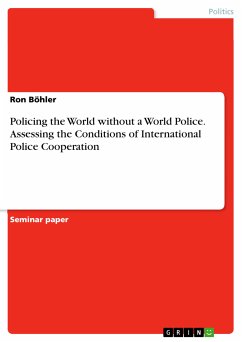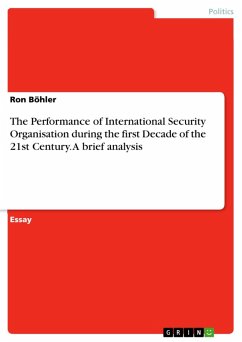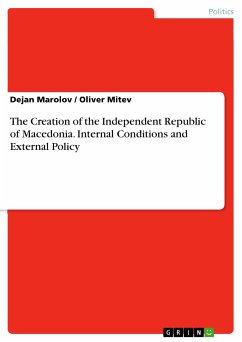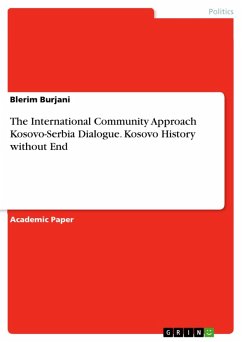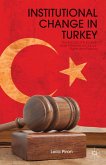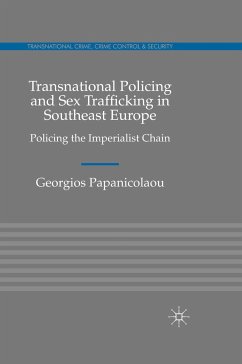Seminar paper from the year 2010 in the subject Politics - Topic: International Organisations, grade: 2.0, , language: English, abstract: In a speech in 2006, the Secretary General of the International Criminal Police Organization (ICPO) referred to Interpol as 'the world's largest international police organization, the world's only global police organization, and the world's most effective international police body'. With 188 member countries the ICPO is the second largest international organization after the United Nations , based on intergovernmental cooperation between domestic law enforcement services, the so called National Central Bureaus (NCB). In times when transnational (organized) crime and terrorism increase exceedingly through globalization and the internationalization of transportation and communication systems as well as international trade, the global role of Interpol and the need to react rapidly and effectively emerge as well. Whenever two or more countries are involved in a criminal act, it is a matter of the International Criminal Police Organization. National police agencies adopt a double role: As a states executive branch they are not fully independent from political interventions. The national justice system and the securing of civil society are subjects to the state in order to control social violence and destruction, and to protect the citizens from victimization in the domestic arena. In short: It is a matter of state sovereignty. Related to the international level and the membership in Interpol, the police can instead not be equated with national governments. The NCBs are the `key element[s] in the day-to-day performance of the tasks identified with Interpol¿ and are consequently political actors in international relations.
Dieser Download kann aus rechtlichen Gründen nur mit Rechnungsadresse in A, B, BG, CY, CZ, D, DK, EW, E, FIN, F, GR, HR, H, IRL, I, LT, L, LR, M, NL, PL, P, R, S, SLO, SK ausgeliefert werden.

